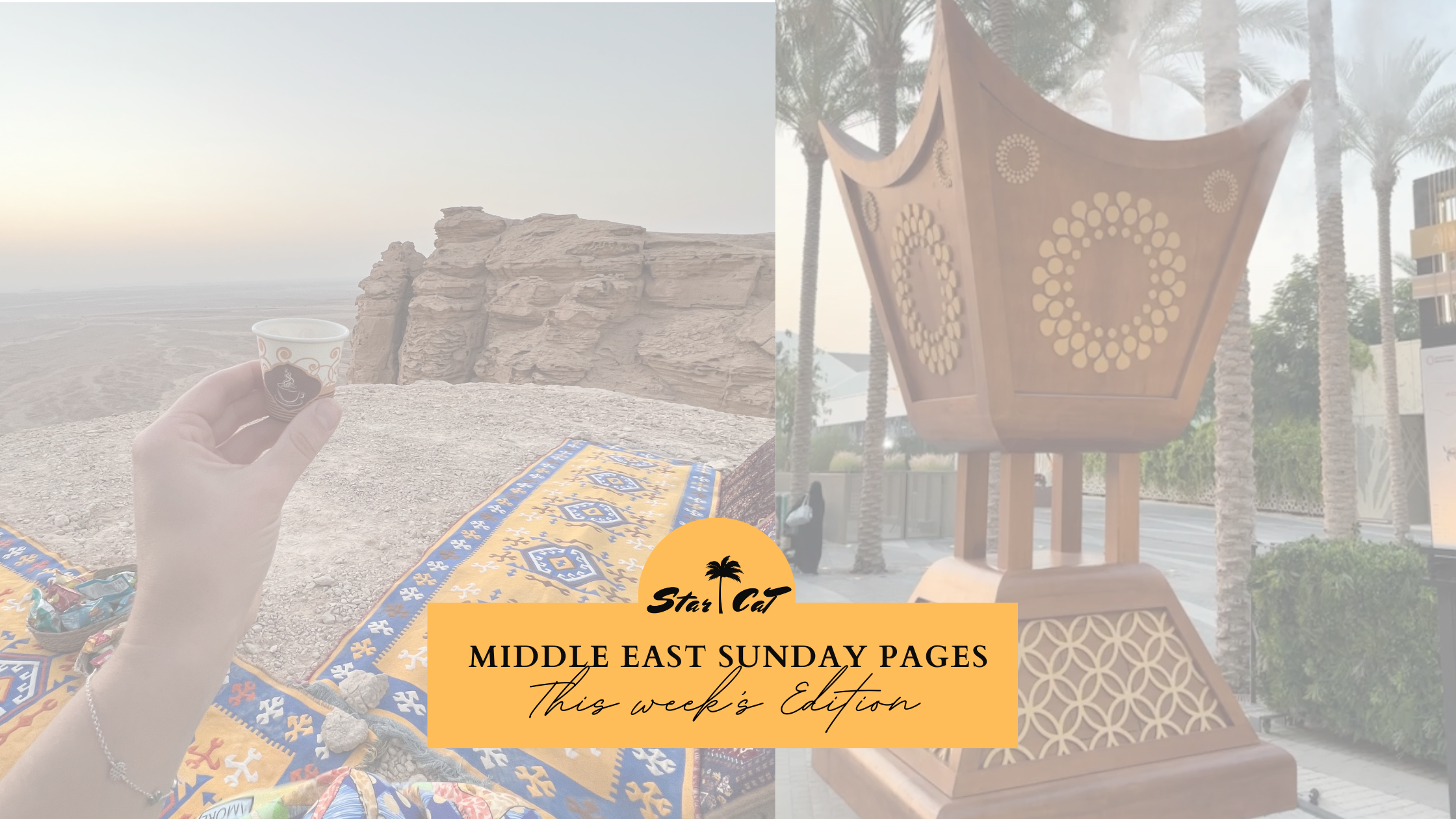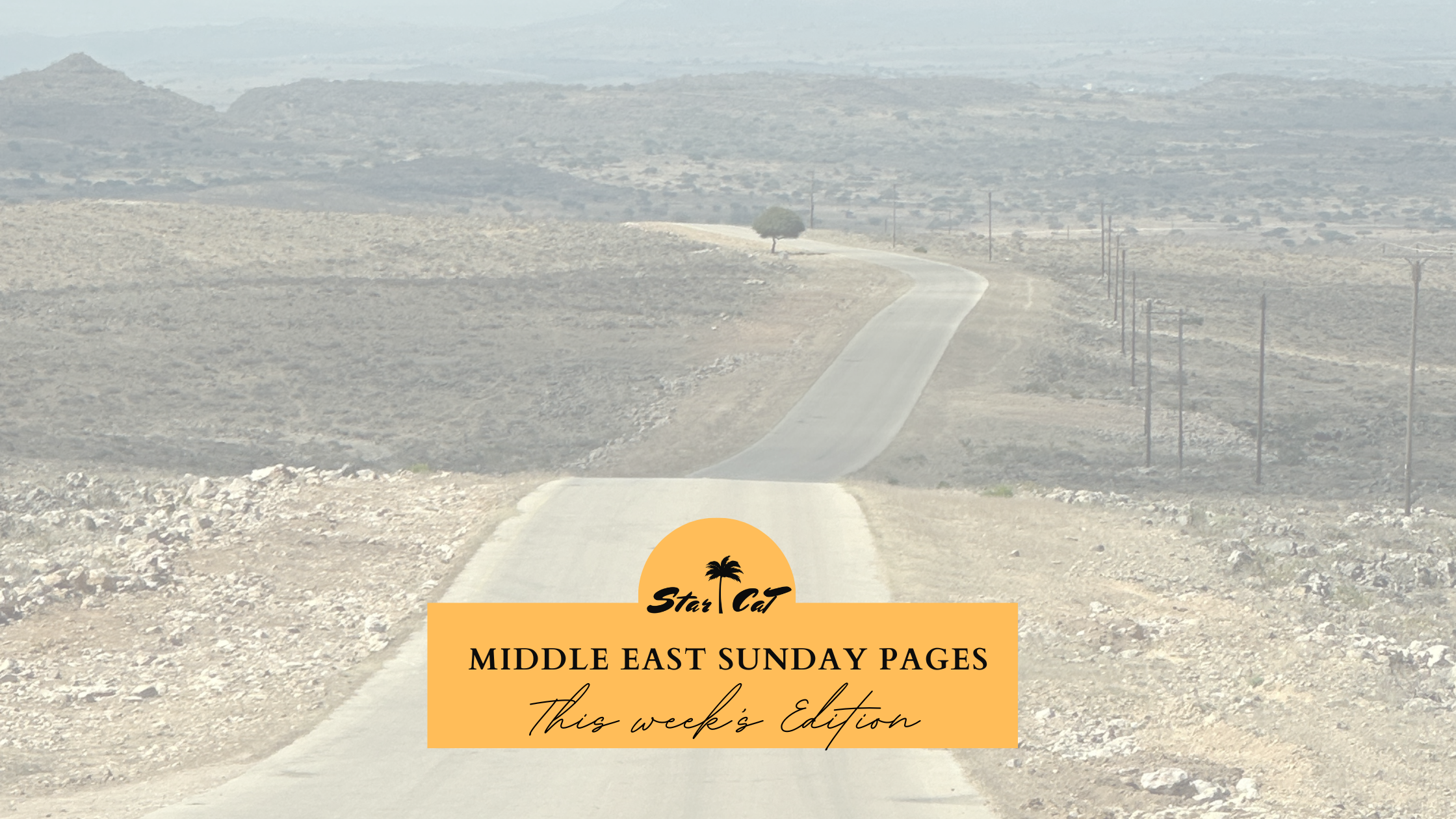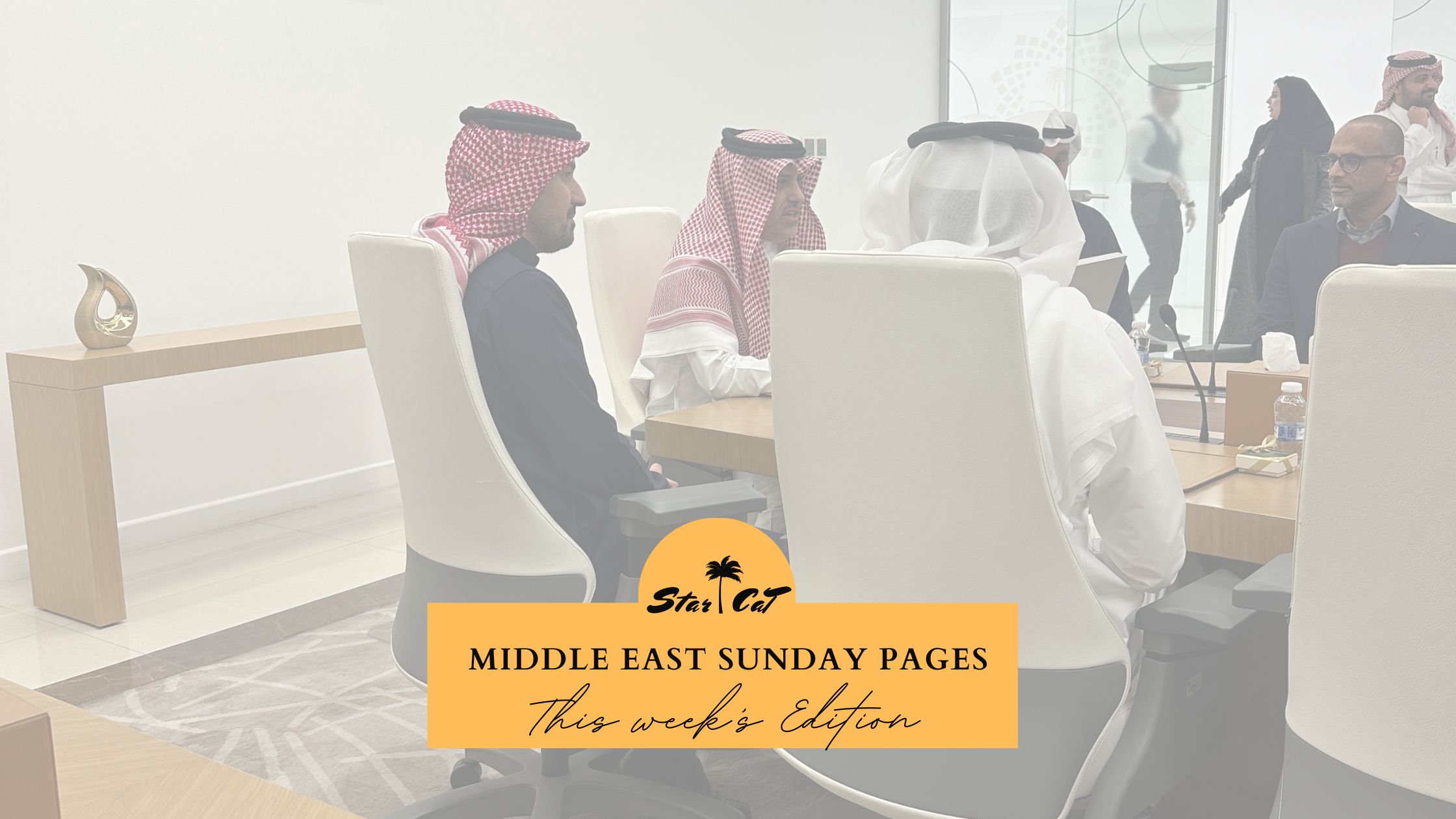
Coffee, Incense & Conversation: The Rituals Behind Saudi Hospitality
Walk into a Saudi home, office, or majlis and you will likely be greeted by three things: the scent of burning oud, the clinking of tiny coffee cups, and warm, intentional conversation that feels far more significant than small talk.
This is not a coincidence.
In Saudi Arabia, hospitality is not just a social nicety — it is a cultural code, a strategic ritual, and a powerful tool for connection. Whether you are visiting as a friend, a guest, or a business associate, the way you are welcomed tells you everything about the values of the people, the priorities of the host, and your place in the relationship.
Let’s decode this powerful trio: coffee, incense, and conversation — the pillars of Saudi hospitality.
☕ The Language of Saudi Coffee (Gahwa)
In Saudi Arabia, coffee is not just a drink. It is a cultural symbol, a ceremonial gesture, and often, the first step in building trust.
What It Is
Known as qahwa, Saudi coffee is typically made from lightly roasted Arabica beans blended with cardamom, saffron, and sometimes cloves. It is pale in colour, bitter in taste, and served steaming hot in small handleless cups called finjan.
But what matters most is not the recipe — it’s the ritual.
How It is Served
The person pouring the coffee (called the muqahwi) always stands and uses the right hand to pour from a traditional pot (a dallah) into the guest’s cup. The cup is only partially filled — a full cup is considered rude, as it may suggest the guest should drink quickly and leave.
You are typically served three small cups (never more than three unless offered again), and when you have had enough, the polite way to signal this is by gently shaking your cup side to side.
What It Means
Serving coffee is an act of honour. The host is putting themselves in service to the guest, no matter their status. Accepting it is your way of saying:
“I acknowledge and appreciate your gesture of trust and goodwill.”
In business settings, coffee often precedes any formal negotiation. Deals are rarely discussed before the gahwa has been shared — not because of formality, but because of what gahwa represents: warmth, safety, and sincerity.
☑️ Tip: In our Gulf Etiquette Success Playbook, we teach exactly what your body language, sequence of sipping, and words say in these moments — often more than the deal itself. You can sign up here.
🔥 Oud, Incense & the Invisible Welcome
While coffee touches your palate, incense touches your soul — and signals something deeper: you are invited into sacred space.
What It Is
The incense most often burned in Saudi Arabia is oud — a rare and expensive resinous wood, often combined with bukhoor (a mix of scented wood chips soaked in perfume oils).
It is burned on a mabkhara (incense burner), and its aroma is smoky, sweet, grounding, and luxurious.
When & Why It’s Used
Oud is not used randomly. It appears during important visits, weddings, religious holidays, and high-level meetings. It is also often passed around at the end of meals or majlis gatherings, with guests wafting the smoke into their clothes or hair — not for scent, but for ritual purification and respect.
It is not about fragrance. It is about atmosphere — signalling transition, setting intention, and preparing the space for meaningful engagement.
💡 Insight: Oud is the unsaid welcome. If you smell it, you are not just a visitor — you are being honoured.
🗣️ Conversation as Relationship Builder
Saudi small talk is not small.
Conversations that might seem superficial — about health, family, weather, or your journey — are often deliberate social scaffolding, laying the emotional foundation for all future exchanges.
What is Being Said (and What is Not)
Expect to be asked about:
- How your family is doing
- Whether your trip was comfortable
- If you are enjoying Saudi Arabia
- How your work is going
These are not throwaway questions. They are tests of emotional intelligence, warmth, and shared values.
What is being assessed is:
- Your ability to connect
- Your cultural awareness
- Your sense of respect
Interrupting, diving into business too early, or skipping these exchanges signals impatience or arrogance — a major red flag in a trust-based culture.
The Rhythm of Conversation
There is a deliberate slowness in Gulf conversation — not because people are wasting time, but because they are measuring it.
As one Saudi Executive once said:
“If you rush the coffee, the talk will not taste right.”
Even the silences are meaningful. In Saudi culture, being comfortable in silence shows confidence and respect — it is not awkward, it is reflective.
This is why Module 4 in our Playbook explores all the Greetings and how to best respond.
🏡 Hospitality as Strategy
In Saudi Arabia, hospitality is not “fluff.” It is reputation, strategy, and relationship management rolled into one.
Why It Matters in Business
You might think a 15-minute meeting with a CEO should just be about KPIs and contracts. But in the Kingdom, you are being evaluated on how you relate, not just what you know.
Are you trustworthy?
Are you respectful?
Do you understand our values?
Those answers emerge over gahwa and incense, not just in the boardroom.
That is why some of the most successful foreign professionals in Saudi Arabia are those who do not try to “speed up” the culture — but lean into it.
✋ What NOT to Do
Here are common mistakes that sabotage even the most well-meaning professionals:
- Rushing through the coffee ritual
👉 It is not a coffee break. It is the first handshake. - Declining gahwa or dates
👉 It may be seen as rejecting the host’s gesture of respect. - Ignoring incense or reacting negatively to the smell
👉 Oud is sacred. It is not perfume — it is presence. - Getting straight to business
👉 Big mistake. Warm up, always. - Checking your phone during casual conversation
👉 Signals disinterest. Conversation is the main event.
Why It Matters for You
Whether you are:
- Pitching a Saudi client,
- Attending a Majlis as a guest,
- Or joining a local event for the first time…
Understanding hospitality rituals gives you more than etiquette. It gives you access.
These moments — the gahwa, the oud, the talk — they are the meeting before the meeting. Get them right, and you are already halfway to trust.
🎓 Want to Master This?
Our Gulf Etiquette Success Playbook is designed for professionals like you who want more than just checklists — you want confidence, clarity, and cultural fluency.
We cover:
- How to behave at Saudi gatherings
- What to say (and not say) in a majlis
- Dress, body language, and timing
- Navigating religious cues and social harmony
Whether you are preparing for a business trip, relocating, or aiming to win high-level clients in the Gulf — this is your edge.











This Post Has 0 Comments